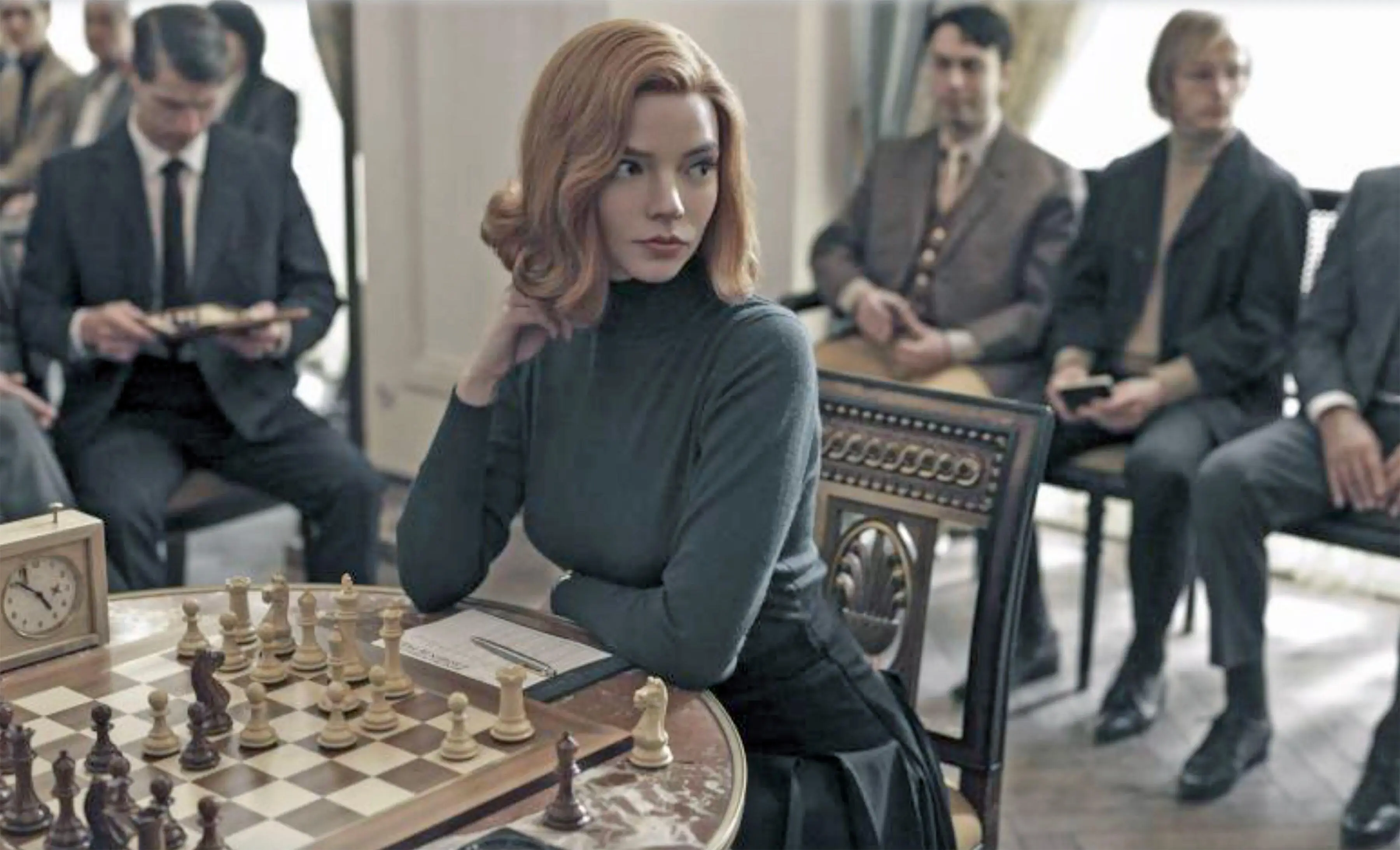
Netflix has found itself in hot water over allegations made against an episode of their critically-acclaimed series The Queen’s Gambit.
Based on a 1983 novel by Walter Tevis, the mini-series follows fictional chess champion Beth Harmon, who makes a name for herself internationally in the 1960s.
However, real-life chess Grandmaster Nona Gaprindashvili filed a defamation lawsuit against the show back in September.
Gaprindashvili became a prominent figure in the chess world in the Soviet Union in the 1960s – when the mini-series was set.
Specifically, she took issue with a line in the series stating that Gaprindashvili ‘never faced men’, which she branded ‘grossly sexist and belittling’, as well as untrue, as she had faced 59 male competitors by 1968.


Netflix fought to have the lawsuit dismissed, as they argued the show is obviously fictional, and the First Amendment gives show creators artistic license.
However, on Thursday (27 January), District Judge Virginia A. Phillips ruled that Netflix has a case to answer, as she believed that works of fiction are not immune from defamation suits if they degrade real people.
Philips wrote: “Netflix does not cite, and the Court is not aware, of any cases precluding defamation claims for the portrayal of real persons in otherwise fictional works.
“The fact that the Series was a fictional work does not insulate Netflix from liability for defamation if all the elements of defamation are otherwise present.
“In the final episode, set in Moscow, Harmon defeats a male competitor.
“A chess announcer explains that her opponent underestimated her: ‘Elizabeth Harmon’s not at all an important player by their standards. The only unusual thing about her, really, is her sex. And even that’s not unique in Russia. There’s Nona Gaprindashvili, but she’s the female world champion and has never faced men.’”

However, Netflix claimed they hired two chess experts in an effort to get the facts rights, and thus meant no offense against Gaprindashvili.
Netflix’s lawyers argued: “The Series’ reference to Plaintiff was intended to recognise her, not disparage her.”
Moreover, Netflix believed the disclaimer that ‘the characters and events depicted in this program are fictitious. No depiction of actual persons or events is intended’, was enough evidence to suggest Gaprindashvili’s lawsuit did not have a valid claim.
Nevertheless, Philips ruled that was not enough and refused to dismiss the lawsuit.
She also noted that a running theme within the show appears to be that of breaking gender barriers and, in a bid to build up the achievements of the fictional Harmon, the show dismissed those of the real-life Gaprindashvili.
LADbible has contacted Netflix for a comment.
Featured Image Credit: AlamyTopics: Netflix, TV and Film, Celebrity
